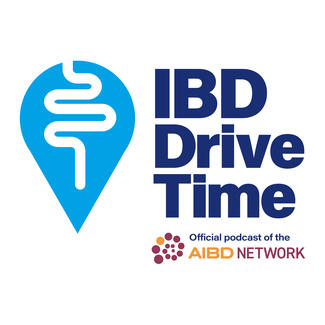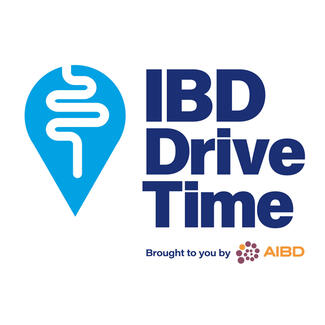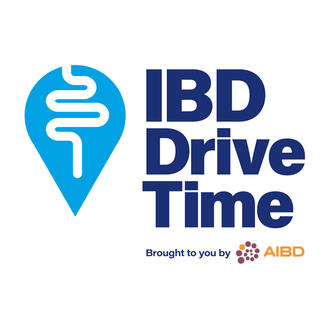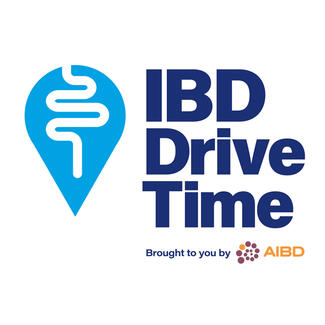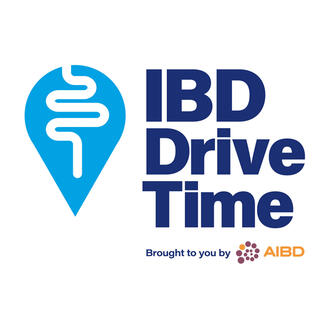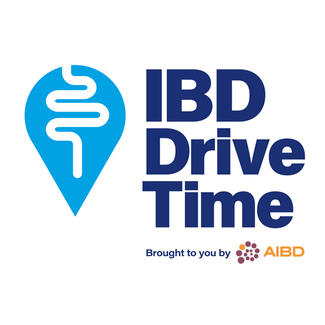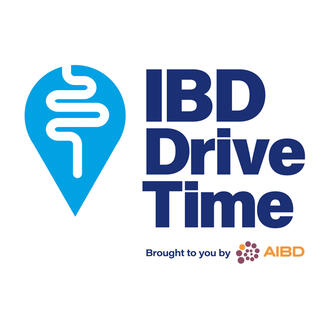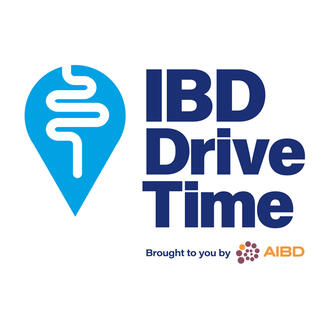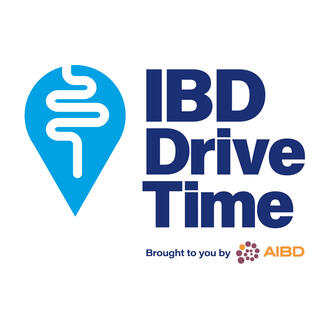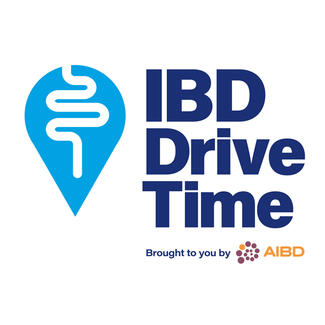Ustekinumab and Vedolizumab Show Safety and Efficacy for Crohn’s Disease of the Pouch
A retrospective multicenter cohort study has found that both ustekinumab (UST) and vedolizumab (VDZ) are safe and effective for treating Crohn’s disease (CD) of the pouch, a complication following colectomy with ileal pouch-anal anastomosis in patients with medically refractory ulcerative colitis.
The study included 104 adults treated with UST (n=77) or VDZ (n=57). Most patients had prior biologic exposure (UST: 83%; VDZ: 79%). The primary outcome was clinical response at 3 or 6 months.
At 3 months, clinical response was achieved in 62% of UST-treated patients versus 53% with VDZ. At 6 months, these rates were 56% and 46%, respectively. Clinical remission was higher with UST at both 3 months (32% vs. 18%) and 6 months (29% vs. 21%).
Endoscopic and histologic outcomes also favored UST. Among UST-treated patients, 41% achieved endoscopic response and 46% histologic response, compared to 27% and 26% in the VDZ group. Histologic remission was similar between groups.
“Patients on UST were more likely to have a clinical response compared to VDZ at 3 months (OR 2.73, 95% CI: 1.13–6.56) and 6 months (OR 2.53, 95% CI: 1.01–6.29),” the authors reported.
Durability of therapy also differed. UST demonstrated significantly longer treatment durability than VDZ (log-rank P < .005). Adverse effects were infrequent and mild in both groups, with no new safety concerns identified.
These findings support UST and VDZ as viable treatment options for CD of the pouch, with UST demonstrating greater clinical response and treatment durability. For gastroenterologists managing this challenging patient population, UST may offer a more durable and effective approach.
Reference
Park S, Keyashian K, Ho A, et al. Efficacy and safety of ustekinumab and vedolizumab for Crohn's disease of the pouch. Inflamm Bowel Dis. Published online July 25, 2025. doi:10.1093/ibd/izaf146











